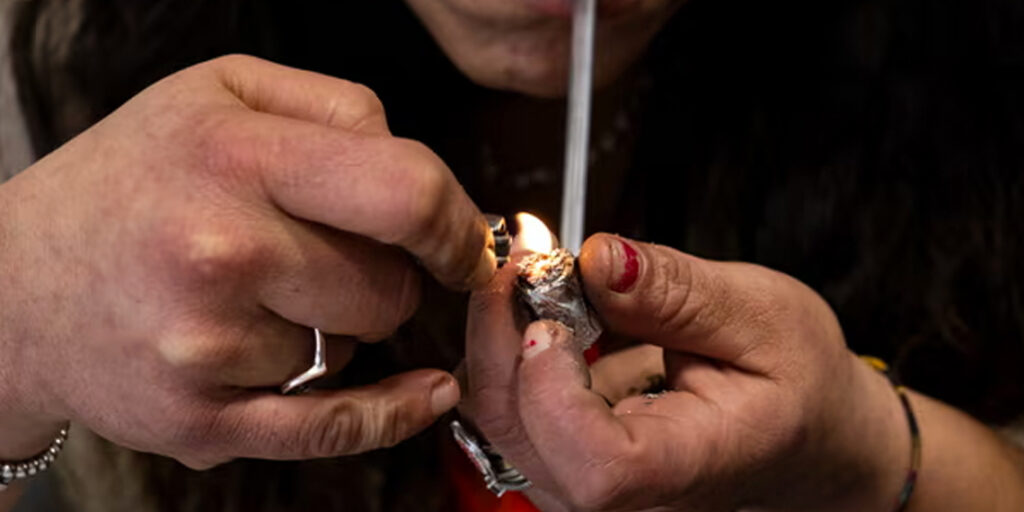Glasgow is set to make history by opening the UK’s first sanctioned drug consumption facility, named The Thistle, within the next month.
Experts and campaigners see this as a groundbreaking step that could influence drug policy across the UK.
The facility, located on Hunter Street in Glasgow’s East End, was delayed due to building tests but is now ready to launch.
This milestone follows a decision by Scotland’s Lord Advocate, who declared it not in the public interest to prosecute individuals using the centre.
A Decade in the Making
Plans for such a facility emerged a decade ago as a response to an HIV outbreak among people injecting drugs in Glasgow.
However, repeated opposition from the Conservative-led Home Office, citing the Misuse of Drugs Act 1971, had stalled progress.
Paul Sweeney, a Labour and Cooperative MSP for Glasgow, has been vocal in his support for the initiative.
Speaking with the Observer, Sweeney highlighted recent positive discussions with UK Crime and Policing Minister Diana Johnson. According to him, Johnson is “open-minded and supportive” and keen to evaluate Glasgow’s results to shape Home Office policy.
Government and Campaigner Perspectives
While the UK government currently has no plans to change drug laws, a spokesperson acknowledged the tragedy of drug-related deaths, committing to public health measures to combat drug misuse.
Niamh Eastwood, executive director of Release UK, criticised the lack of similar facilities nationwide, describing it as “shameful.” She urged local areas to seek police approval to establish more consumption sites, even without legislative reform.
How The Thistle Will Operate
The Thistle will provide a safe, hygienic space where individuals can inject drugs they acquire elsewhere under professional supervision. Staff will be equipped to manage overdoses and injuries, alongside offering comprehensive support and referrals.
Operating 365 days a year from 9am to 9pm, the facility is strategically located near areas with high levels of public injecting, such as alleyways and car parks.
These environments are often unsanitary and hazardous, according to Andrew McAuley, public health professor at Glasgow Caledonian University.
“This facility moves the risks of public injecting—such as infection, injury, and discarded needles—into a safe, controlled environment,” McAuley explained.
Tackling Scotland’s Drug Death Crisis
The facility opens amid what experts describe as a “drug deaths emergency” in Scotland, with Glasgow dubbed Europe’s drug death capital. In 2023, 1,172 drug-related deaths were recorded in Scotland, with nearly a quarter occurring in Glasgow.
Despite its potential, healthcare professionals emphasise that The Thistle is not a cure-all.
Saket Priyadarshi, associate medical director for drug and alcohol recovery services at NHS Greater Glasgow and Clyde, stated:
“This service will be effective but is just one part of a broader strategy, including crisis outreach, residential rehab, and naloxone distribution programmes.”
Looking Ahead
Other UK cities are already expressing interest in replicating The Thistle’s model. Priyadarshi reflected on the UK’s past leadership in harm reduction, noting that progress has stagnated in recent years.
“It’s exciting to open this facility, but it’s sobering to realise how long it has taken. We are significantly late compared to other nations,” he concluded.
As Glasgow leads the charge, this pioneering initiative could mark a turning point in the UK’s approach to addressing drug misuse and reducing harm.


